Business: Slogan
Say something valuable.
#Values #Sellability #Concept
A practical strategy for the modern brand.
Powerful placement to boost leads & sales.
ProjektID can build an essential & yet powerful marketing phrase to elevate your business. A slogan is one of the most effective ways to draw attention to your brand and to the products & services provided, by highlighting the key benefit of your niche.
Positioning and recognition.
A specific statement will make a brand more niched & identifible.
Improved relations.
It takes only a moment for a brand to be understandable.
Standing out.
It's not just the business, but also the ethos.
Actionable displacement.
One phrase can change an individual mindset from intrigued to satisfied. The power of a slogan is measured not in the growth of sales, but rather in the growth of relationships.
Short-term belief.
In time as your business evolves and adapts, so does core company values & beliefs. This means that a slogan will need to be redefined in order to continue evolving the business.
Just awesome.
Varying from a few words to a long sentence, a slogan can include emotions in order to create a very particular response or mindset. Sometimes, a slogan can just be slick.
Custom solution.
If the price seems too good to be true then it most likely is not a custom service. ProjektID provides quality bespoke solutions.
Brand asset.
Your business is only acquiring a solution to solve a problem you are also gaining the upper hand to surpass performance past your competitors.
Step-by-step.
Throughout a ProjektID service, you will be kept in the loop through the entire design and development of your branded solution.
Increase demand for your business.
Used in a range of advertising platforms, physically & digitally, a slogan is just a statement that can make all the difference in the whole wide world. There are many reasons to joining a slogan with your whole branding package, most notably to cause an effect. An effect in gaining or retaining customers.

Problem-solving principles.
At ProjektID, we embrace 5 principles that allow us to provide a bespoke solution that solves your business’s problems. There is no cut and paste models in our services, only effective planning, developing, designing and implementation of work that provides your brand with meaningful value.
-
ProjektID can develop a strategy that works in tandem with your brand and the products/services that you provide to your customers/clients. First, we will engage in an intuitive workshop, which will allow both parties to deduce essential information about your business, including:
• Qualitative and quantitative industry data.
• Brand story and core unique characteristics.
• Goals and challenges.
• Strengths and weaknesses.
• Opportunities and threats.
-
Interacting with an existing audience is great for generating input. This can assist in focusing on perceptions of the products/services and the strategic B2B positioning too. Typical questions include:
• What do they like about your products/services?
• What benefits do they receive?
• Were they a customer/client of a previous business?
• Are there any recommendations for improvement?
-
The voice and personality of your brand are unique. Configuring these to flow throughout your whole business will avoid confusion. Hosting productive cross-functional meetings is an optimal method for integrating the brand positioning and mission statement together with:
• Strategies.
• Mock-ups.
• Copywriting.
• Online and offline operations.
• A guidelines dossier.
• An identity manual.
-
Your business’s target market share the same values, behaviours and personality traits as your brand. Now is the time to raise a community. A strong brand needs strong business assets, such as:
• Branded website development and designing.
• Powerful video marketing.
• Copywriting, social media and digital marketing.
• Graphic design assets.
-
When launching the business solution, developed and designed by ProjektID, you have a unique opportunity to decide how you wish to market your brand in the industry. Managing and maintaining the business assets is key for short-term and long-term growth. If the business assets are ignored then there is a potential for a collapse in performance.
Keeping an eye on the business’s assets metrics and feedback can control the execution of the launch and make adjustments if needed to achieve your brand’s objectives for the end-goal to stick the landing.
“A good slogan not only provides a commitment but also states what a business stands for”
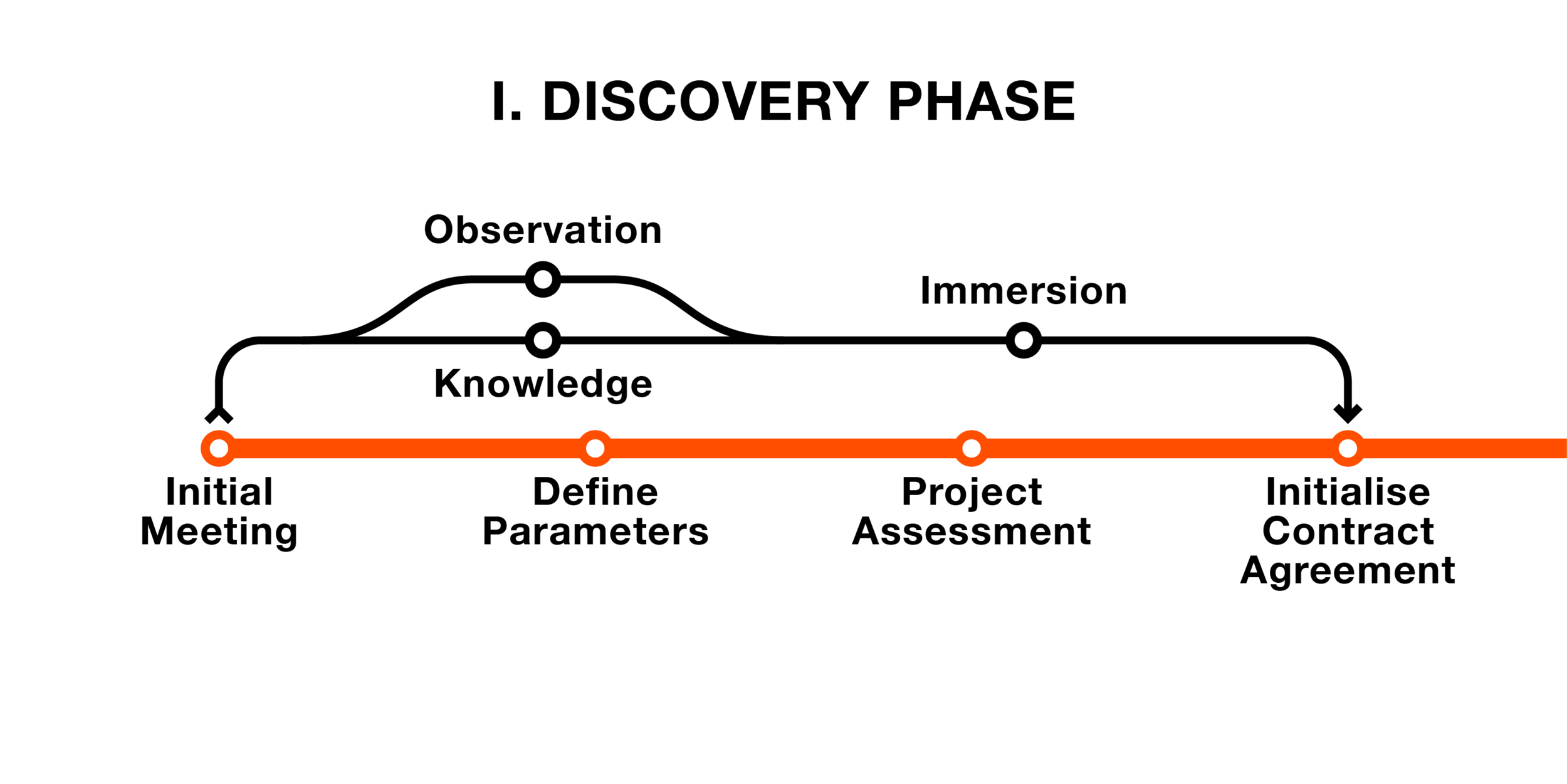
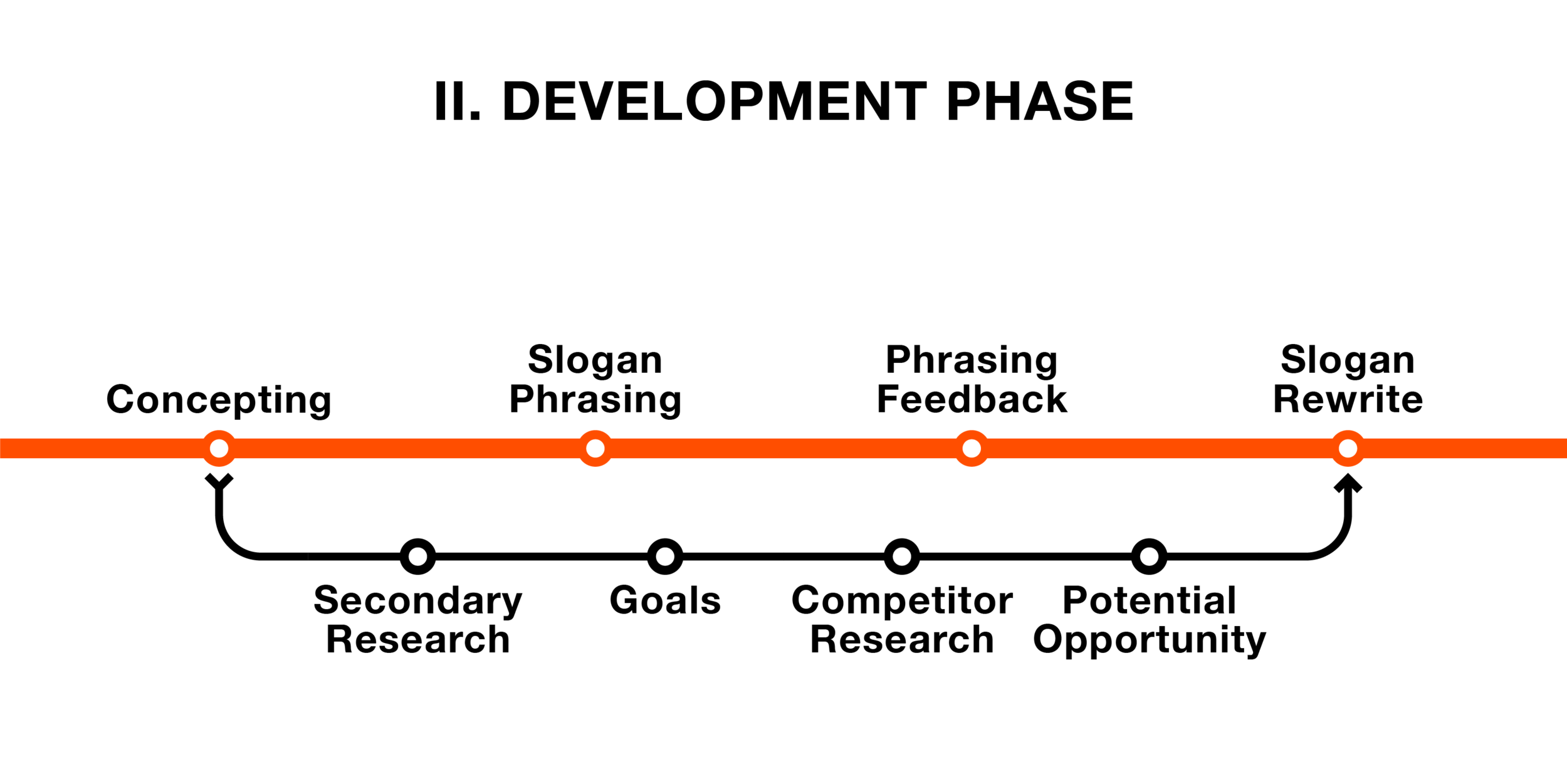
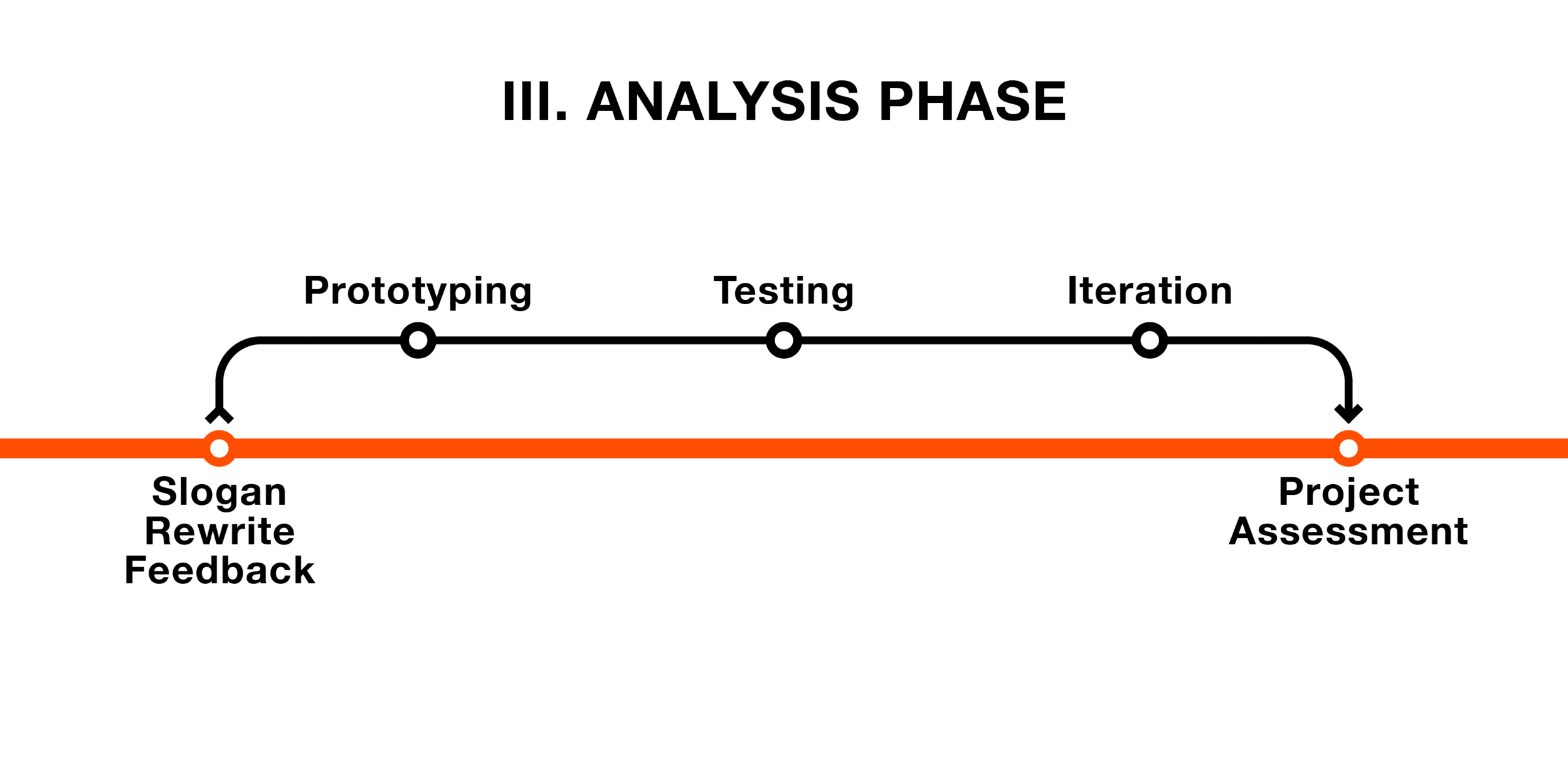
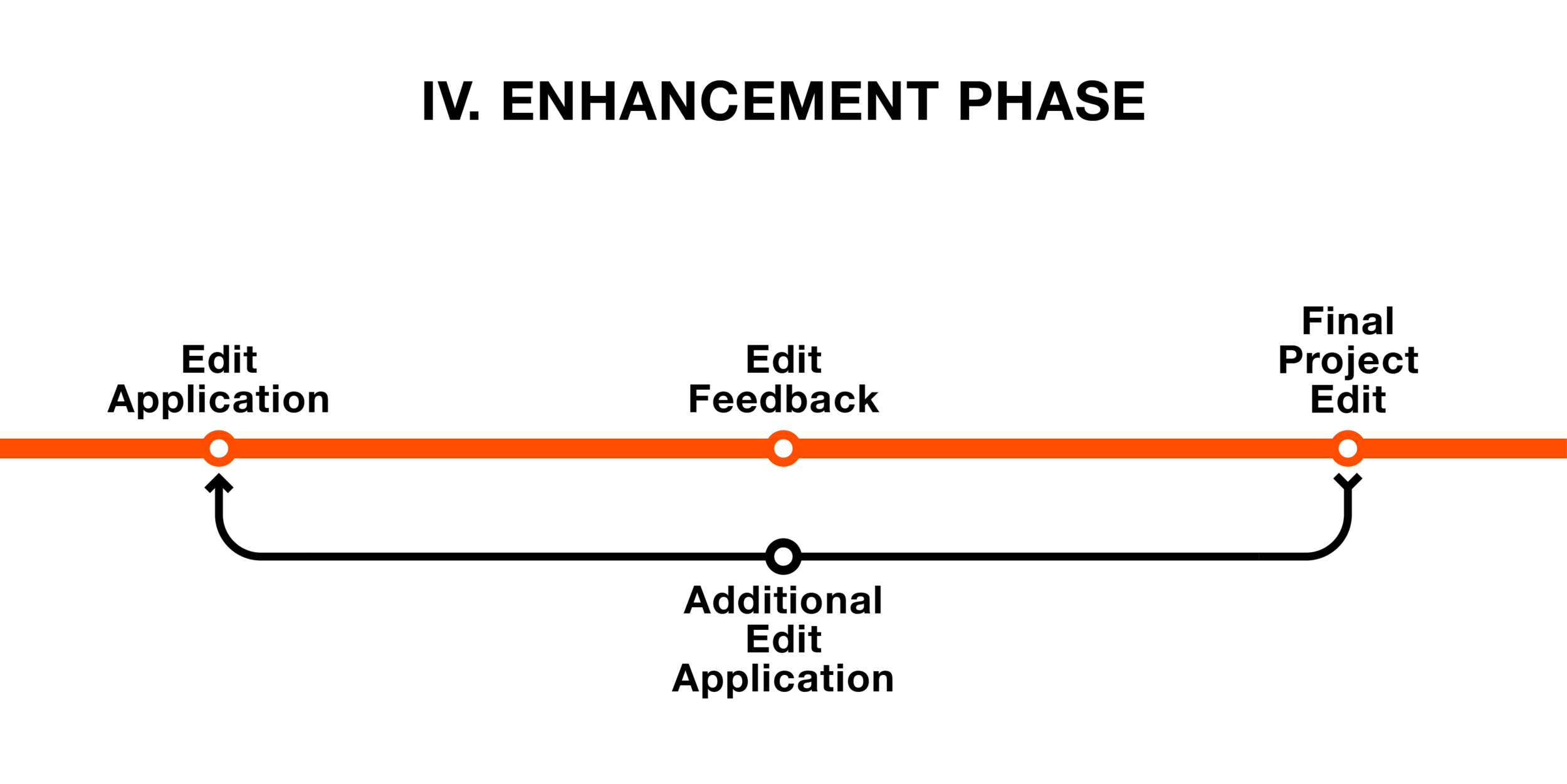
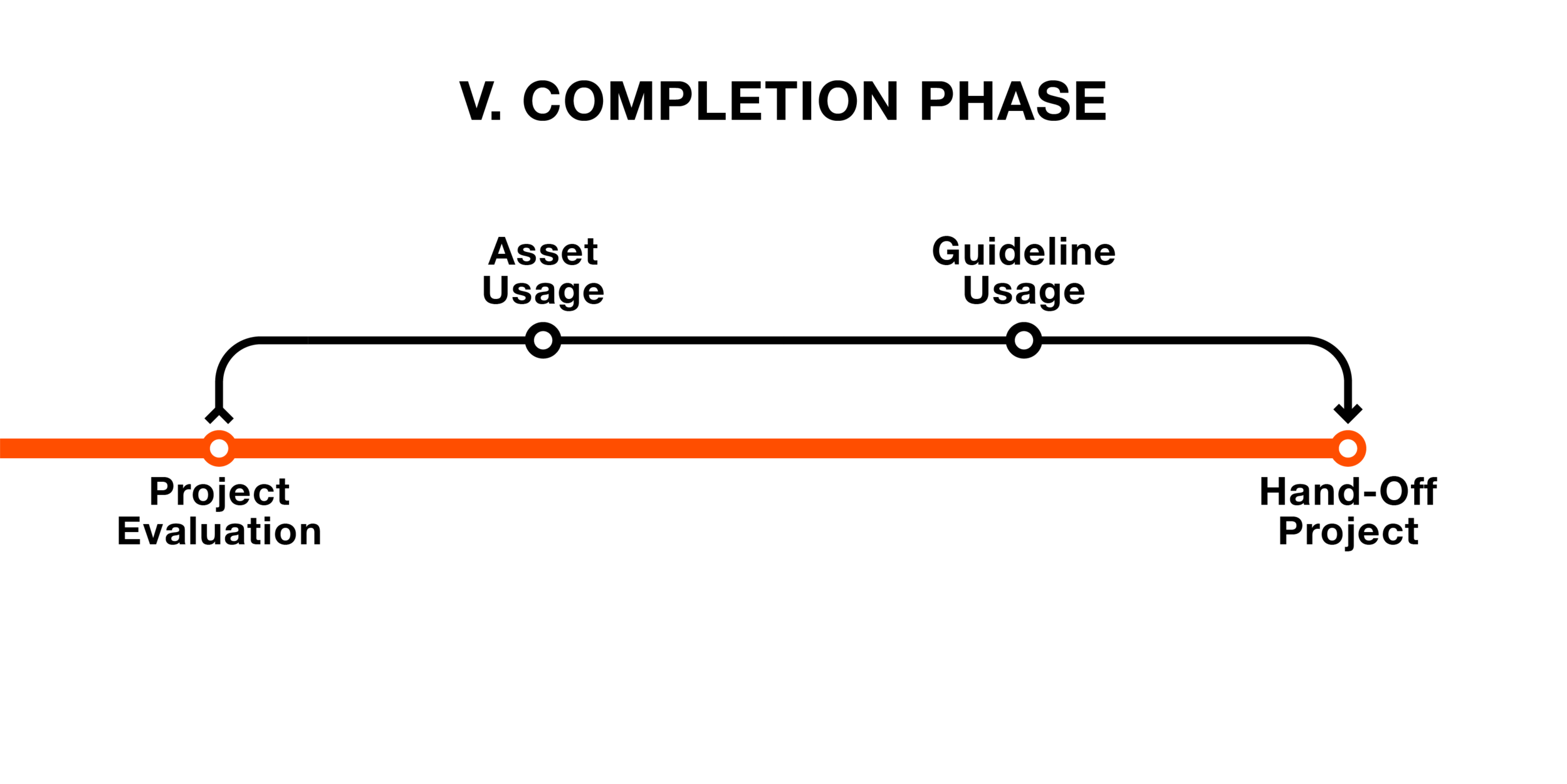
Rough order Of magnitude.
A Rough Order of Magnitude Estimate (ROM estimate) is a ‘ballpark’ estimation of a project's scale and cost. ROM estimates are not representative of every project budget, rather a comprehension of the scope-to-budget ratio. Every project is unique and requires a particular range of solutions to assist a business in solving problems. Please do contact us to organise an initial meeting to discuss your project (scope, budget & timeline). Keep in mind that the price reflects the content, skill and technical complexity of this solution and in turn can generate better value for your business.
Medium Business
Approximate Duration: 3 Months
Small Business
Approximate Duration: 2 Months
Personal Business
Approximate Duration: 1 Month
€3,196.43
€1,726.85
€627.70
-
A slogan is a memorable motto or phrase used by a brand as a repetitive expression of an idea or purpose, with the goal of persuading members of the public or a more defined target group.
-
An alternate branded slogan statement shares a similar ethos to the primary slogan, though with subtle verbal tweaks to enhance a particular reaction. This slogan statement maintains a sense of cohesion between the brand and the products/service provided.
-
Social media mockups are important for to see beforehand how the business asset(s) will look and work after publishing. The mockups in the project will assist a brand to see what campaigns, ads, and the content will look like.
-
Stationary mockups are important for to see beforehand how the business asset(s) will look and work after publishing. The mockups in the project will assist a brand to see what campaigns, ads, and the content will look like.
-
The guidelines dossier outlines a set of rules for the brand to abide by in order to maintain a high level of quality with the business asset.
-
Website mockups are important for to see beforehand how the business asset(s) will look and work after publishing. The mockups in the project will assist a brand to see what campaigns, ads, and the content will look like.
-
Throughout the project, receive ongoing & regular technical consultations. Gain an in-depth understanding of the project & phases, business asset(s), and strategic & technical guidance that assists your brand.
-
Once a project is complete and 100% of the budget is fullfiled, a certificate of ownership will be provided.
Service roadmap.
Comprehending the complete development processes is key in maximising the performance of a project’s success. ProjektID works in tandem with clients in order to maintain operational control to every single detail.
-
Approximate Duration: 3 Days
Approximate Duration: 3 Days
Approximate Duration: 3 Days
Discovery Phase
In the Discovery phase, ProjektID will need to initially define the scope of the project. This is done through an initial meeting with the client. Then the project parameters can be defined along with an assessment of the project. Once all of this is complete, the project ‘Authorisation To Proceed’ (ATP) Contract will need to be agreed to and the project will commence.
-
Approximate Duration: 25 Days
Approximate Duration: 17 Days
Approximate Duration: 8 Days
Development Phase
In the Development phase, the solution will undergo creation. A demonstration live model will then be created. All of these will be displayed to the client for feedback and agreement.
-
Approximate Duration: 14 Days
Approximate Duration: 9 Days
Approximate Duration: 4 Days
Analysis Phase
The Analysis phase focuses on gaining real feedback from asset testers. Live model testing will enable ProjektID and the client to better define the business asset and to assess the project thus far.
-
Approximate Duration: 26 Days
Approximate Duration: 17 Days
Approximate Duration: 9 Days
Enhancement Phase
The Enhancement phase will enable ProjektID to implement any small and big alterations to the asset from the feedback in the Analysis phase. If the final project edits still do not fulfil the project scope then additional edit applications will be enacted until complete.
-
Approximate Duration: 3 Days
Approximate Duration: 3 Days
Approximate Duration: 3 Days
Completion Phase
In the Completion phase, both ProjektID and the client will evaluate the project together. Once the project has fulfilled the objectives in the whole project scope, the project will be handed off to the client.
Project glossary.
A glossary is an alphabetical list of terms in a particular domain of knowledge with the definitions for those terms.
Budget
The amount of money that a person, group, or organization has available to spend on a ‘project’. A budget defines the maximum and minimum values allocated to generate a particular outcome.
Project
A piece of planned work or activity that is completed over a period of time and intended to achieve a particular aim.
Project Complexity
The condition of lacking simplicity of a problem. A set of problems that consists of many parts with a multitude of possible interrelations, being of high consequence in the decision-making process that brings about the final result.
Project Scale
A determining factor from ‘Project Scope’, is most simply defined as the degree and extent to which project management practices are formally applied. Taking a "one size fits all" approach is unwise and impractical.
Project Scope
Features and functions of the scope of work needed to complete a project. Scope involves gathering information required to initialise a project, and the features the project would have that the client requires.
Project TimeLine (Duration)
A period of seconds, minutes, days, hours, weeks, months, or years, in which something may happen or in which something may occur.
Quality Control (QC)
This is a process through which a business seeks to ensure that product quality is maintained or improved. Quality control requires creating an environment in which a project strives for perfection.
Roadmap
Provides a strategic overview of the major elements of a project. This usually includes objectives, milestones, deliverables, resources, and a planned timeline.
Service Element Deliverable (SED)
A sub-division of Project Scope, a Service Element Deliverable is an action that is performed within a specific aspect of a project in order to serve a purpose. Multiple actions together (SEDs) compose the scope of work.
Stage (Phase)
A collection of activities within a project. Each project phase is goal-oriented and ends at a milestone. Reaching these milestones means the project progresses. Each phase can be divided into sub-phases.
Stage (Plan)
These include things to do, short-term and long-term objectives, and other actions that affect project completion.
Stage (Progress)
These include milestones, goals achieved, finished tasks and validated items that contribute to project completion.
Variable
A variable is any factor, trait, or condition that can exist in differing amounts or types. A project usually has three kinds of variables: independent, dependent, and controlled.
Variable (Control)
A control variable, or constant, in project development is an element which is constant and unchanged throughout the course of the project. The control variables themselves are not altered throughout any project scale.
Variable (Dependent)
The variable is measured during project development and is 'dependent' on the independent variable. In a project, the effect on the dependent variable is caused by altering the independent variable.
Variable (Independent)
The variable being manipulated during project development and is assumed to have a direct effect on the dependent variable. This determines the cause and effect of a project.
Project scale.
‘Project Scale’ is a determining factor from ‘Project Scope’ and ‘Project Complexity’, most simply defined as the degree and extent to which project management practices are formally applied. It is unwise and impractical to take a ‘one size fits all’ approach to each project, as there will be unique problems to solve along with varying scales, scopes and complexities to assess.
Project Scale = Project Scope X Project Complexity
Project variable.
A variable is any factor, trait, or condition that can exist in differing amounts or types. A project usually has three kinds of variables: independent, dependent, and controlled.
Control Variable
The control variable, or constant, in project development is an element that is constant and unchanged throughout the course of the project. The control variables themselves are not altered throughout any project scale.
Quality Control
Independent Variable
The dependent variable is what gets measured during project development, and is 'dependent' on the independent variable. In a project, the effect on the dependent variable is caused by altering the independent variable.
Timeline
Dependent Variable
The independent variable is what gets manipulated during project development, and is assumed to have a direct effect on the dependent variable. This determines the cause and effect of a project.
Budget
Our projects.
Developing a specific strategy for a business in a unique situation, within both the digital and physical world, has allowed us to vary our mindset to solve specific problems. Take a peek at some projects that we have been excited to work on.





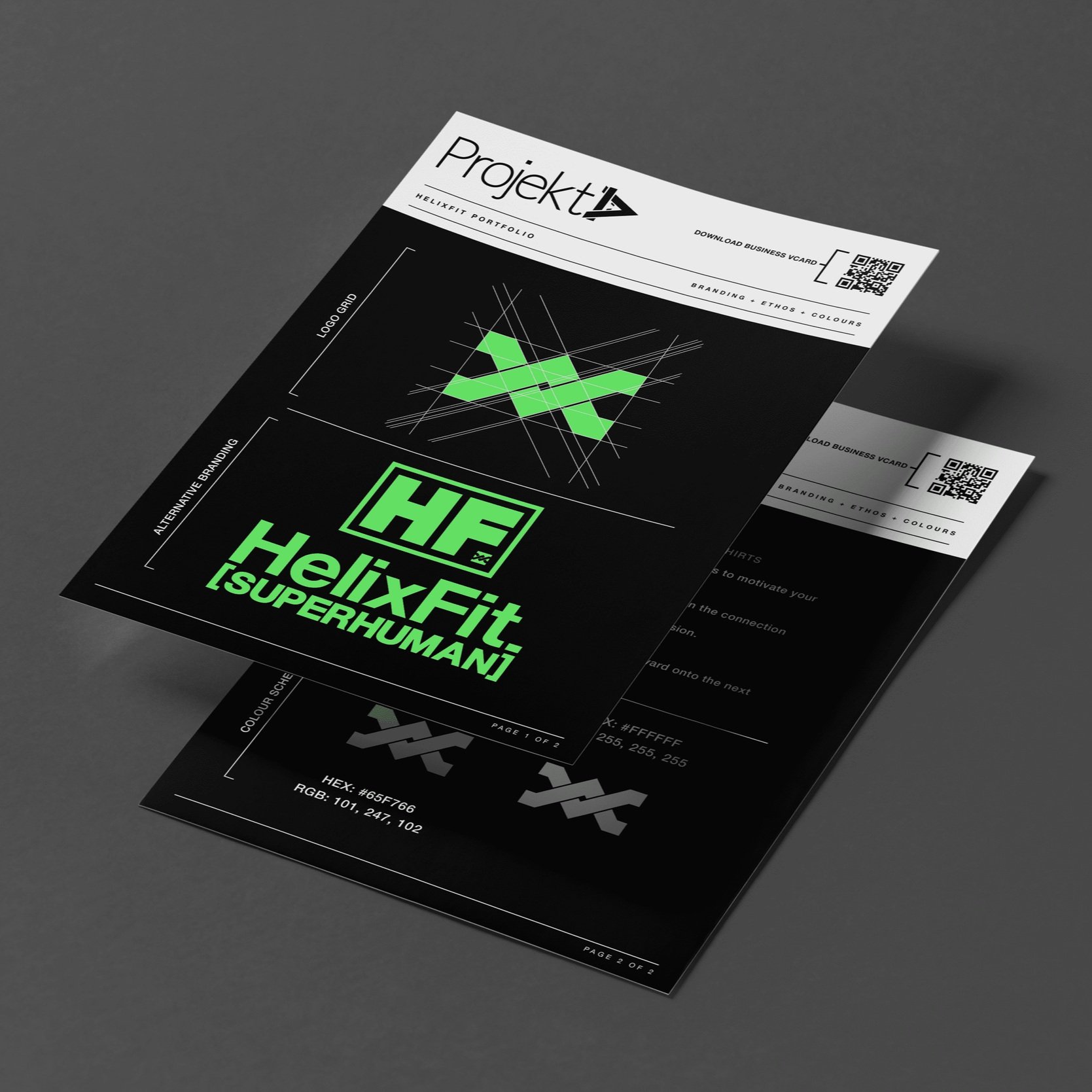

2020